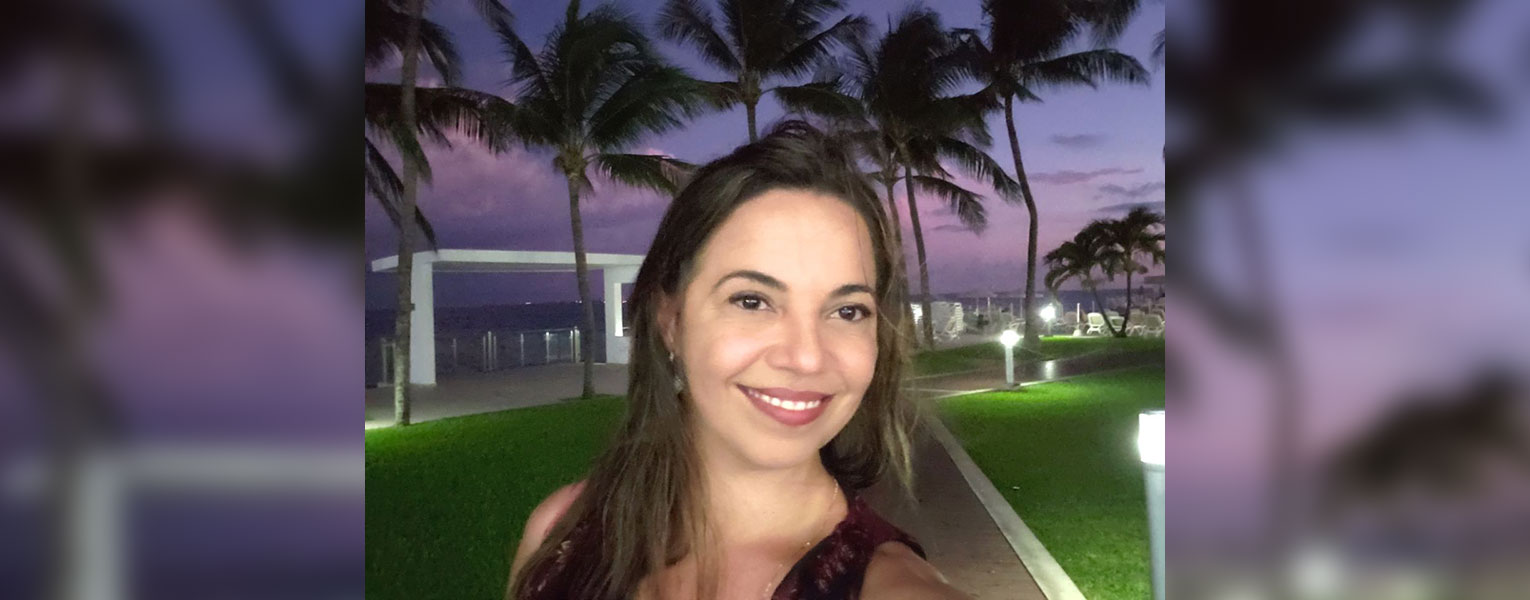11/9/2023
New Faculty Spotlight: Melina Matos, Ph.D.
Cities Prepare for Environmental Changes
By Bethany Augliere
A city’s resilience to extreme weather events, like hurricanes, can protect property and lives. That’s why preparation is vital, according to Melina Matos, Ph.D., a new assistant professor in the FAU Charles E. Schmidt College of Science.
Matos studies cities’ efforts, actions and results in building resilience, such as structural changes to account for sea level rise, like sea walls and raising bridge heights.
Originally from Brazil, Matos worked 10 years as an urban planner practitioner developing analysis of cities’ housing needs, plan for growth and review policies regarding land use. “I was working in cities very vulnerable to hazards and felt like these cities needed to do better to prepare rather than just waiting for the next hazard,” she said. “Cities need to adapt to this new reality.”
Her career path led her to the U.S., where she earned a master’s degree in public administration from Texas Tech University, followed by a doctorate in urban and regional science from Texas A&M University.
For her dissertation research, Matos examined a data set of more than 200 cities that engaged in climate adaptation in 2010, and how they advanced efforts after 10 years, measuring how need, resources, learning and motivation explain the cities in each scenario.
Those cities were classified into the following four scenarios
- Innovators: those that started planning earlier and implemented their efforts
- Followers: those that started and implemented later
- Failed implementation: those that started earlier but failed in the process
- Laggards - those that have no interest on the topic.
One innovator result moved forward by leveraging opportunities to partner with universities, nonprofits and states. Cities that failed made lists of everything they needed to do but couldn't implement anything. “To me that makes sense, if you make a list of everything you need to do, it’s overwhelming,” Matos said.
If you would like more information, please contact us at dorcommunications@fau.edu.
